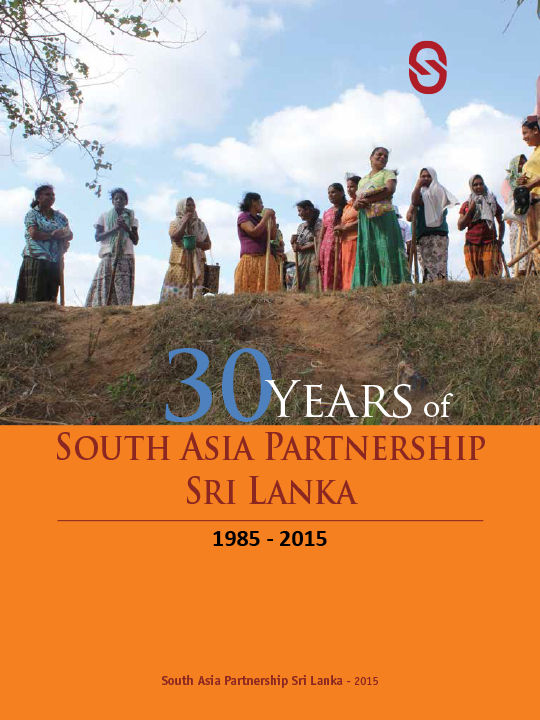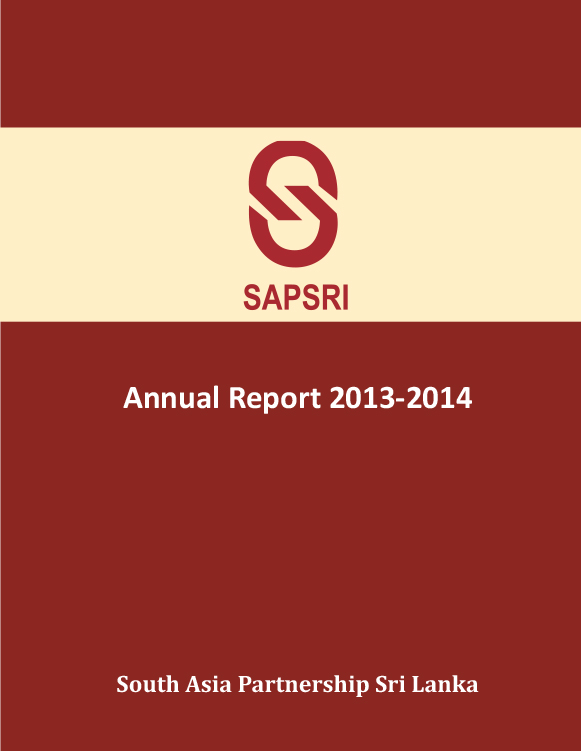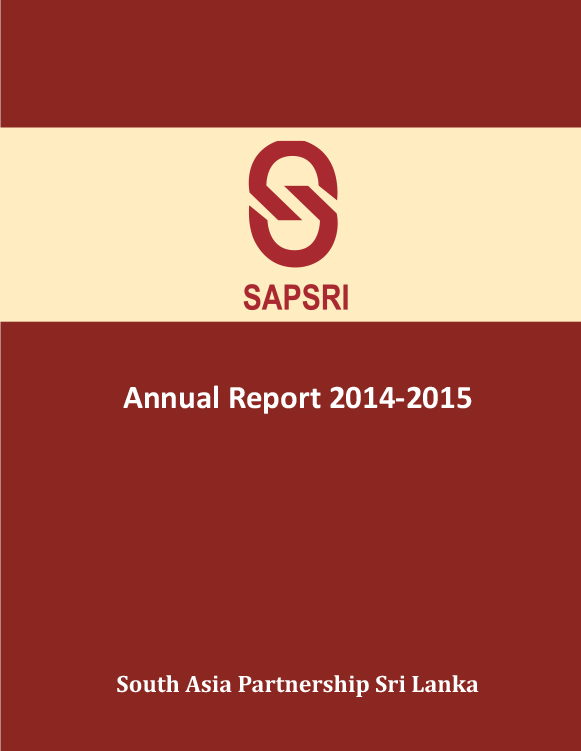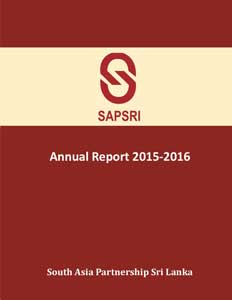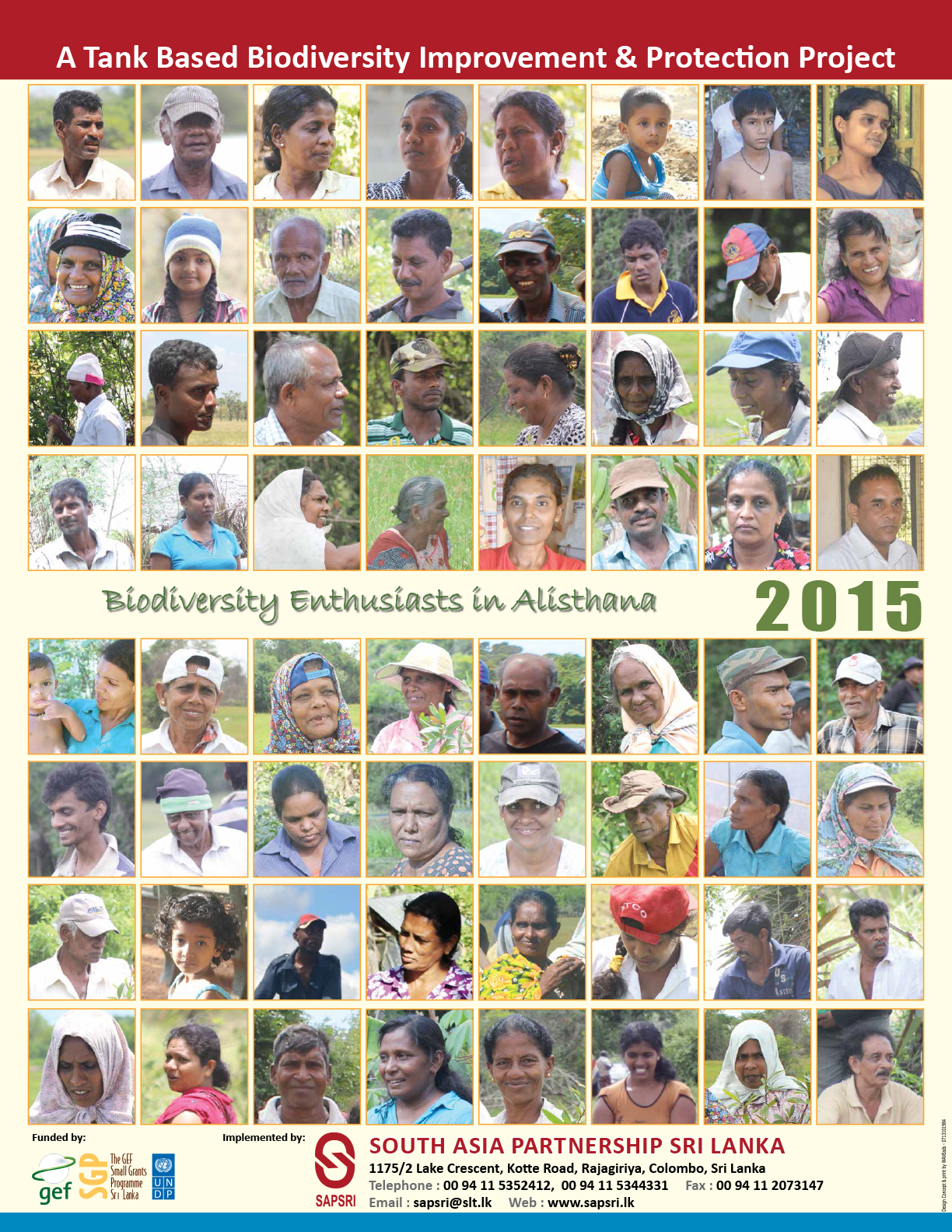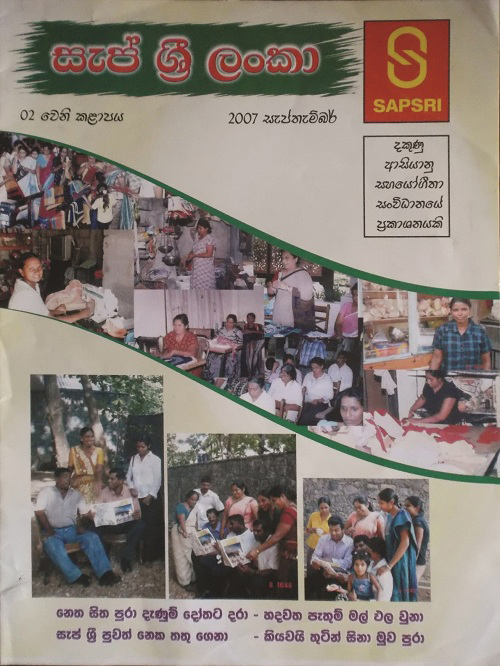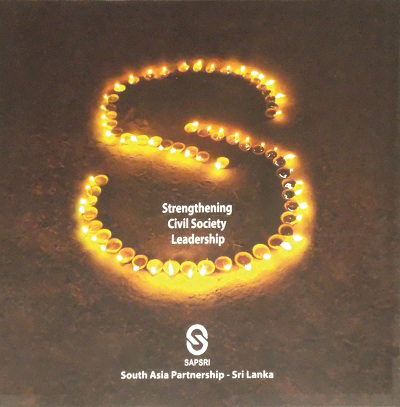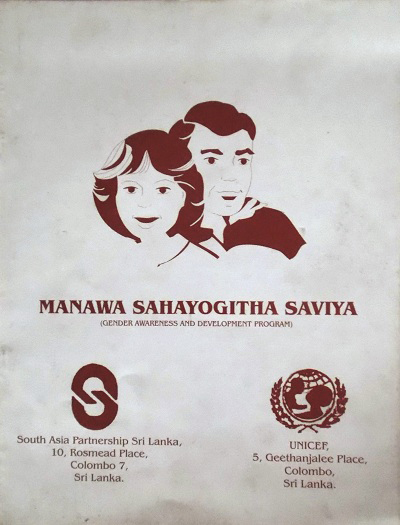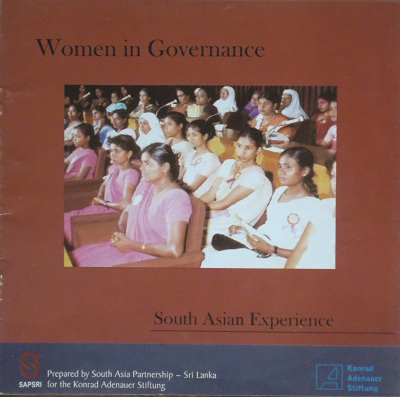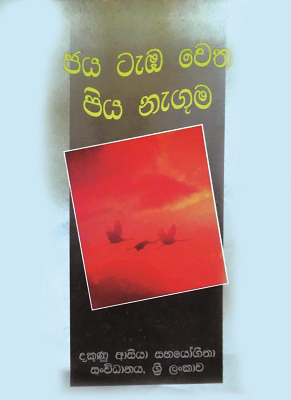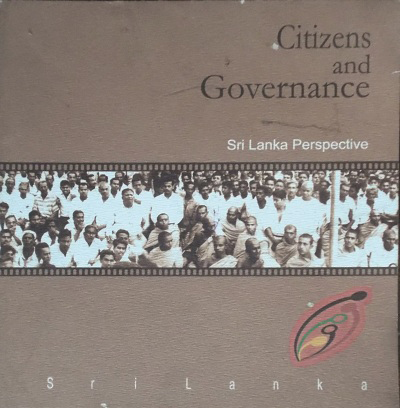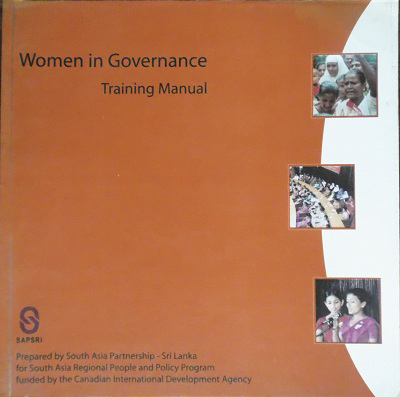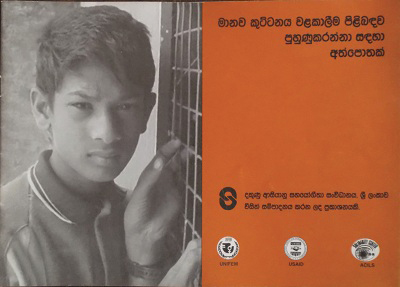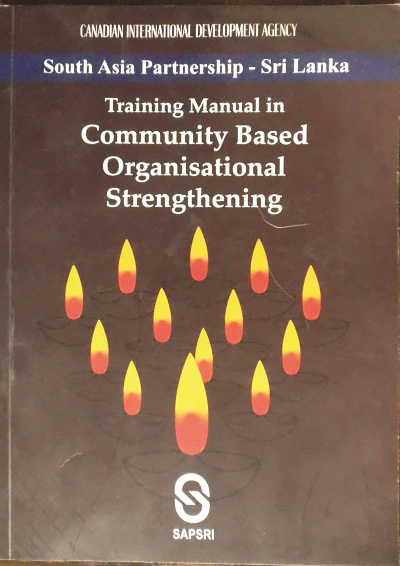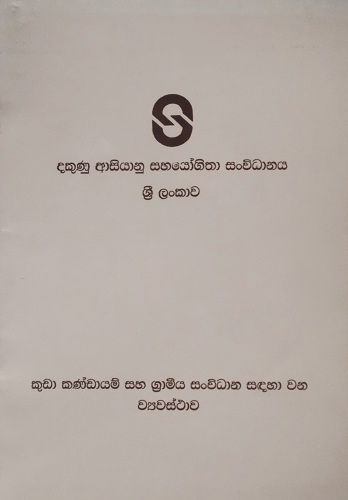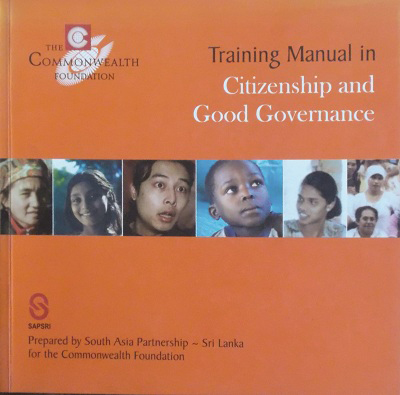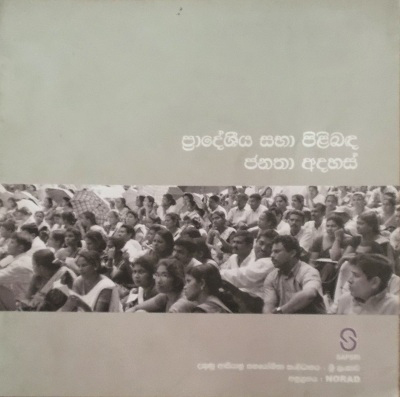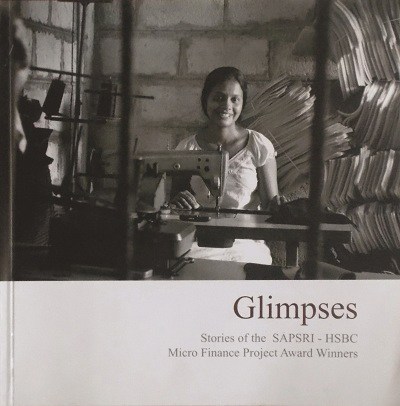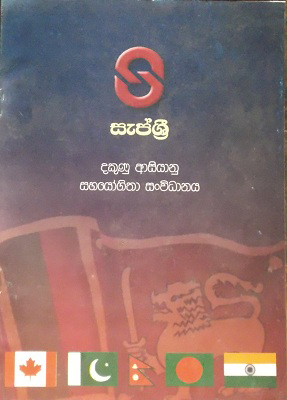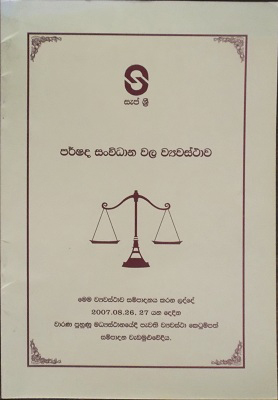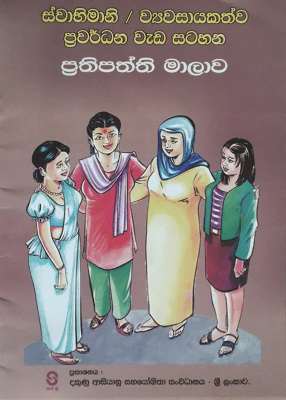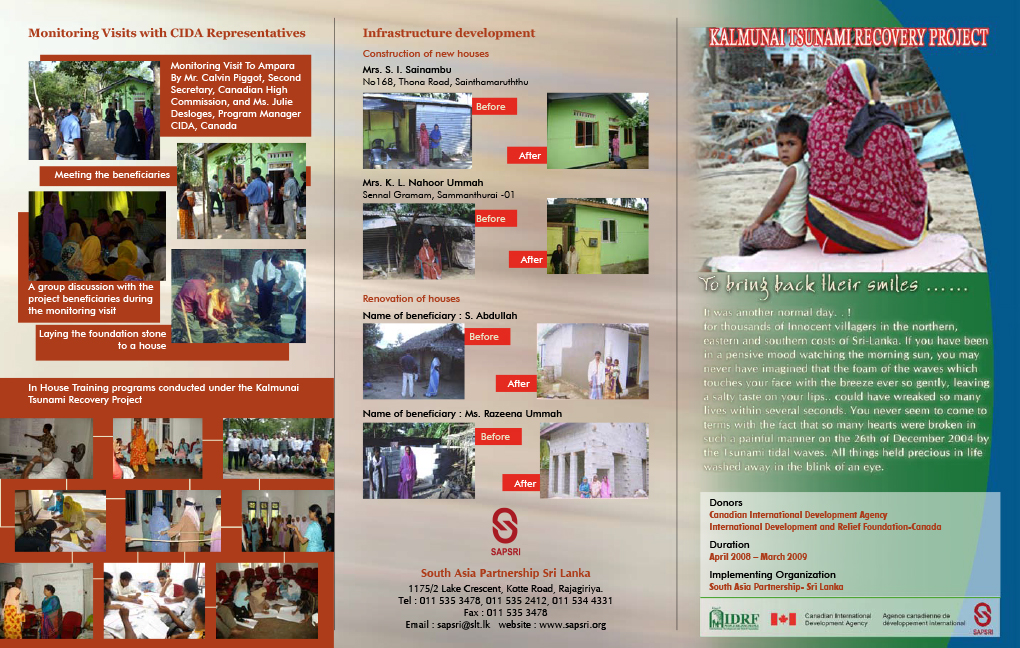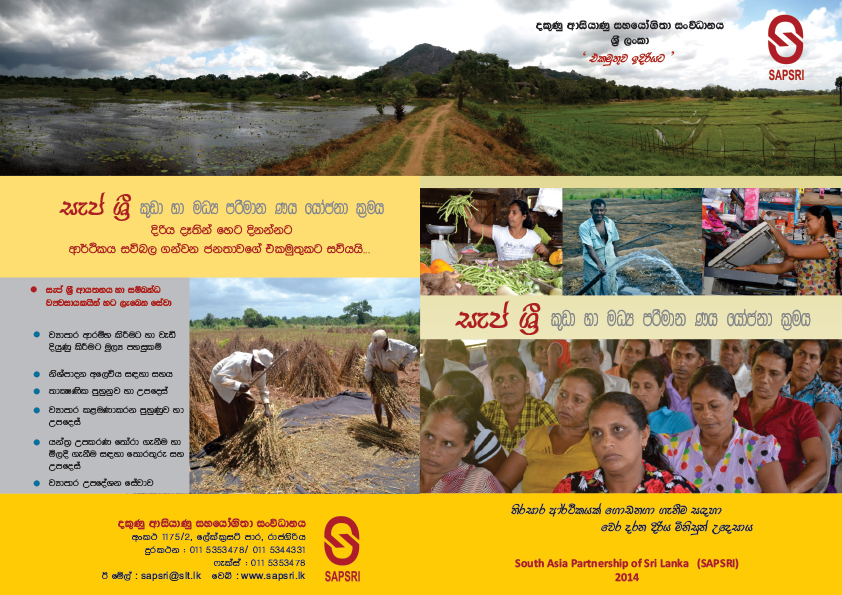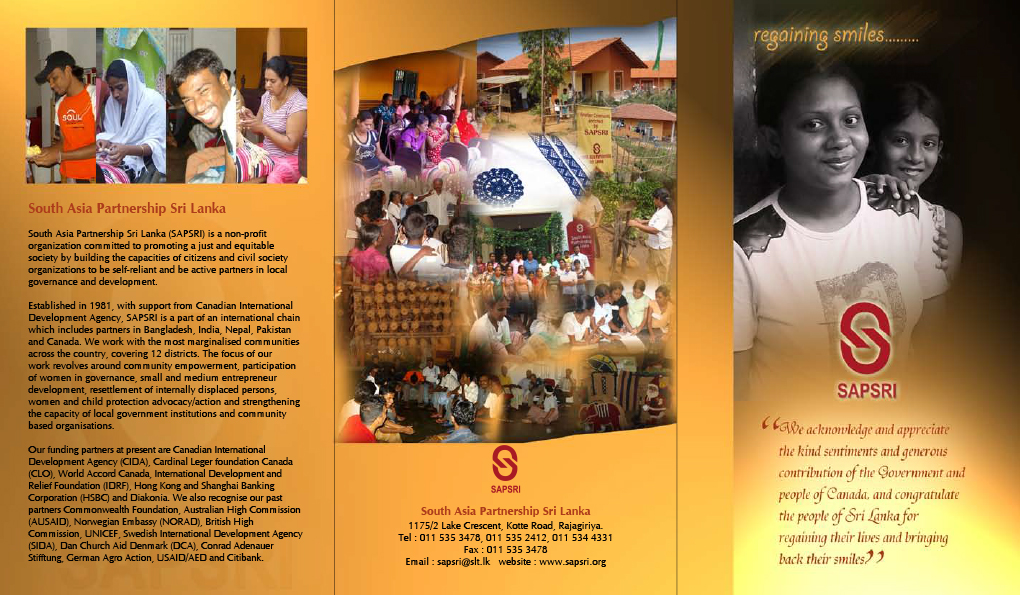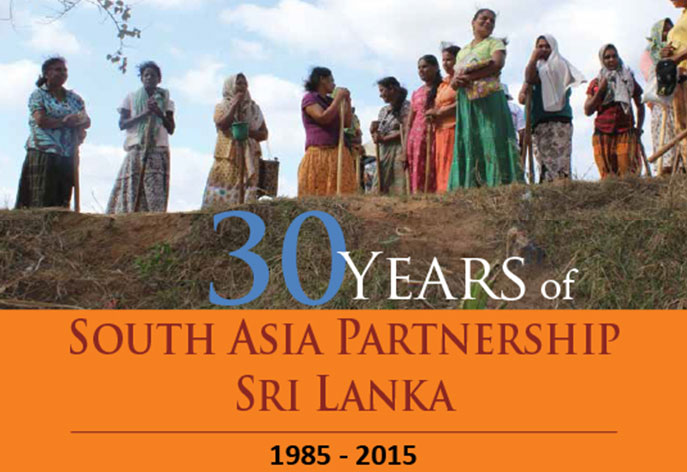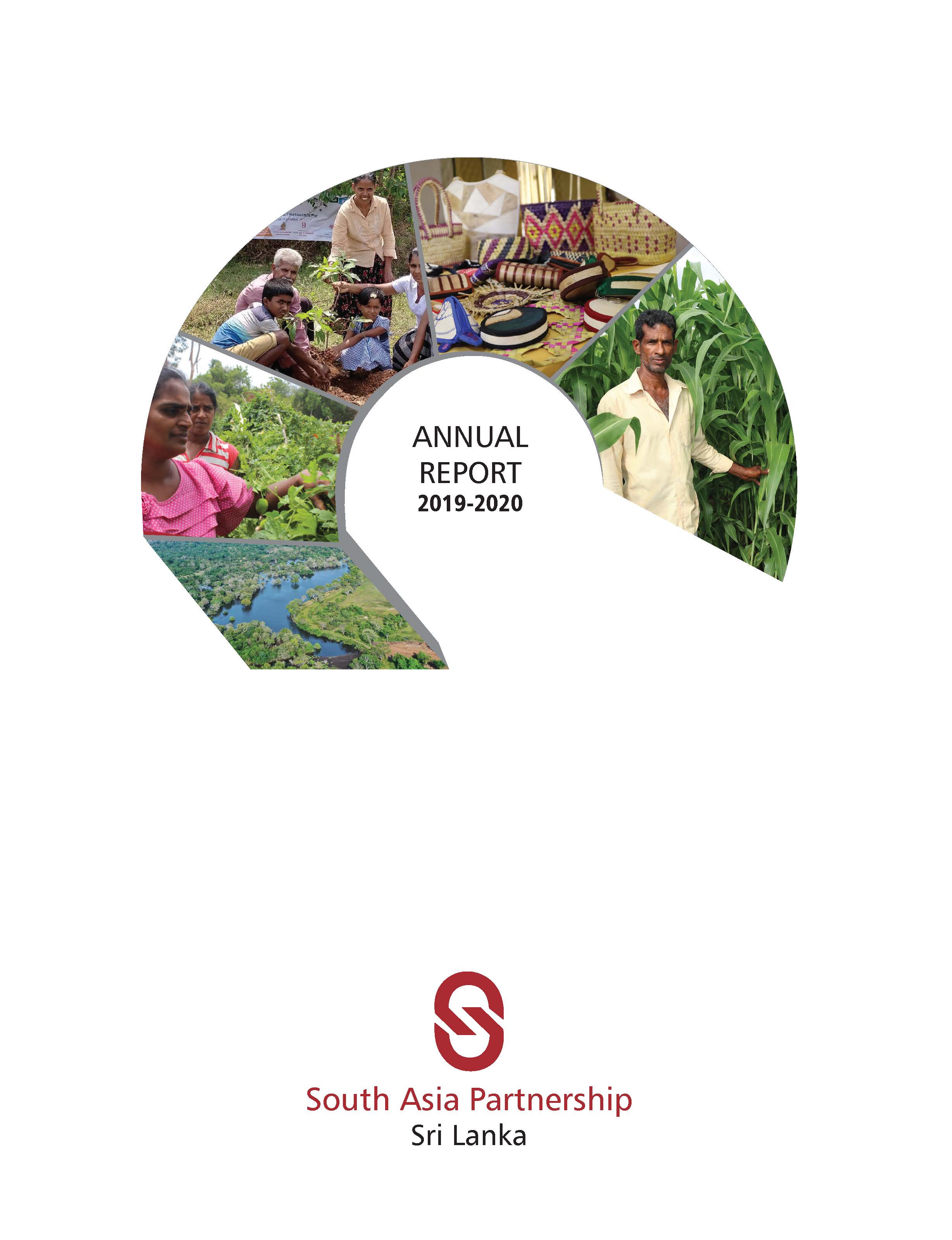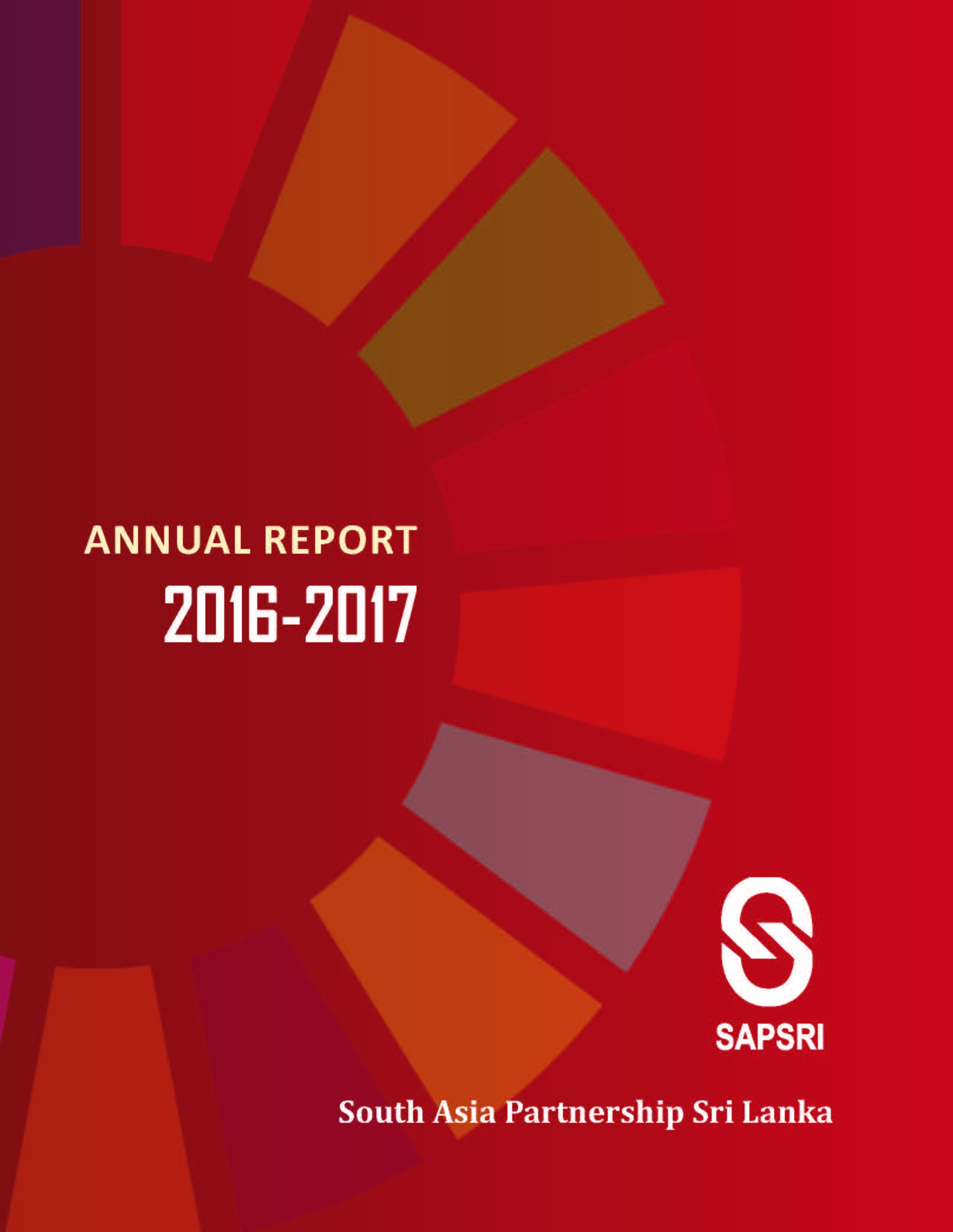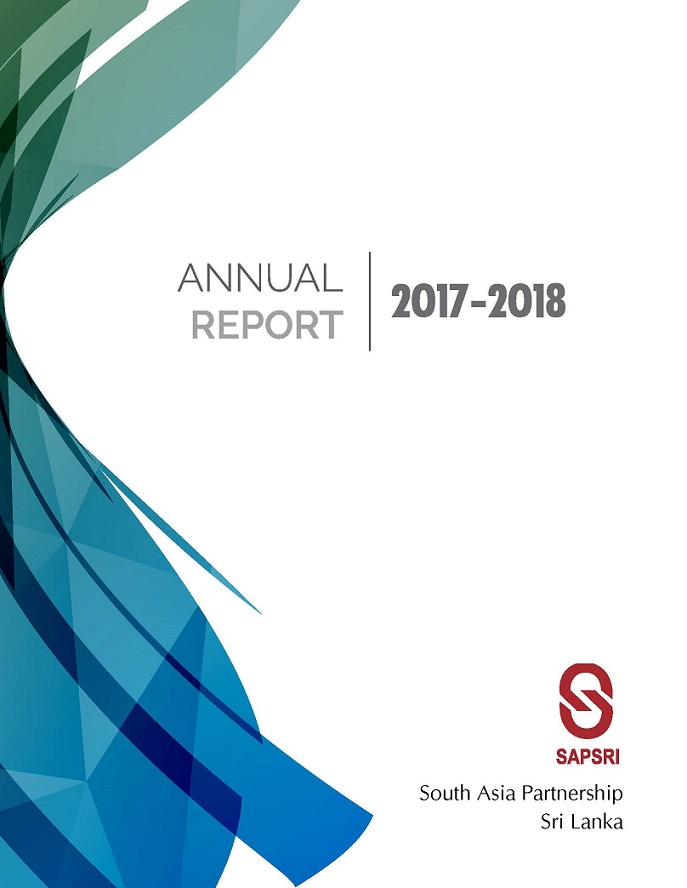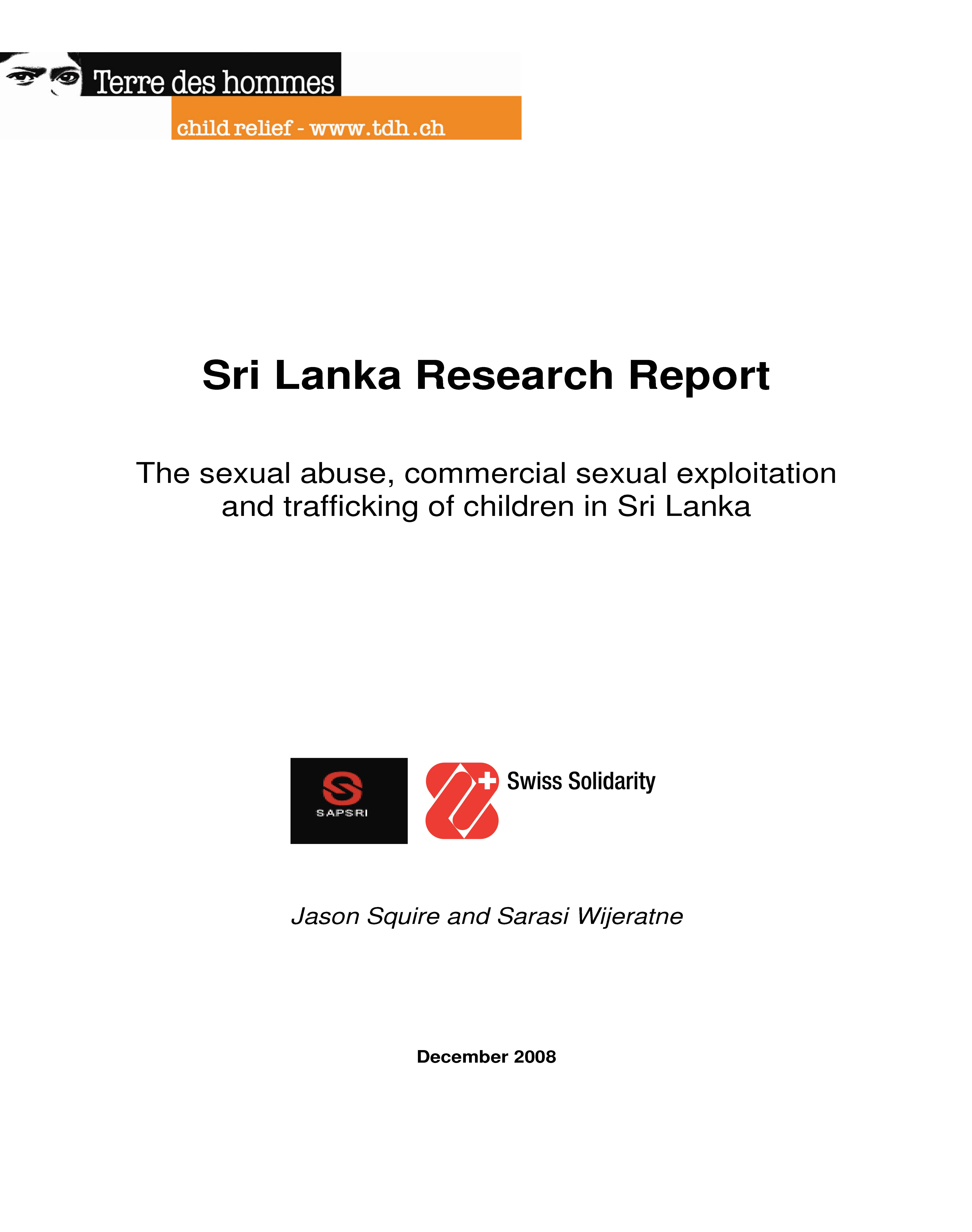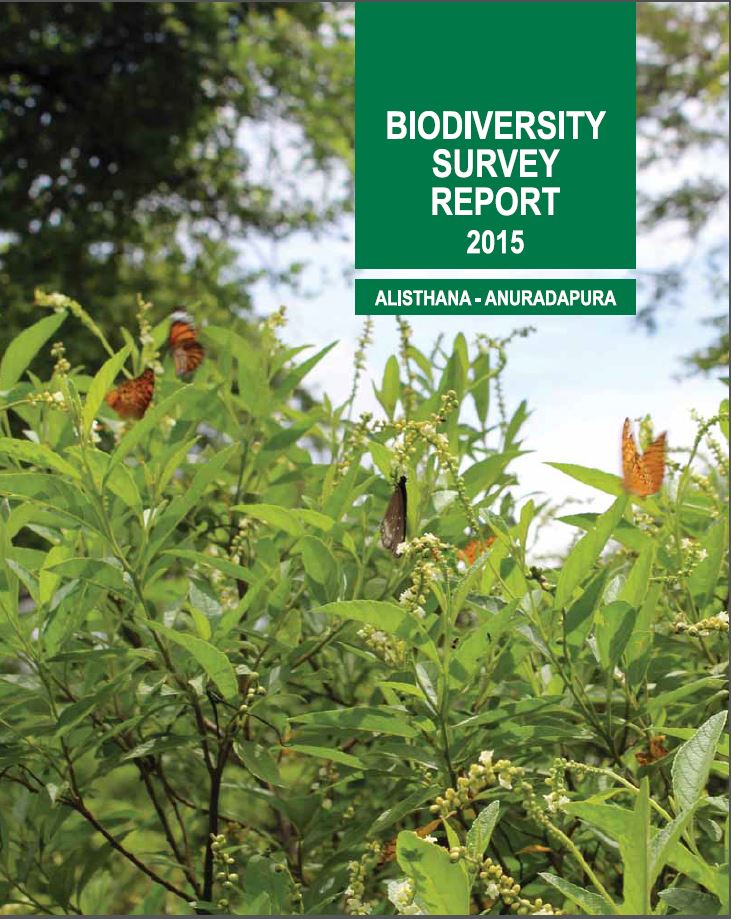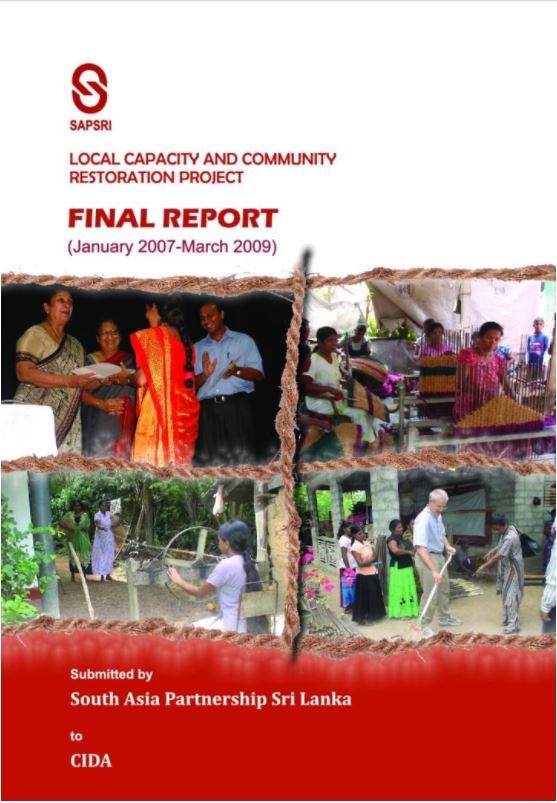Sustainable Agriculture and Global Exchange Program (SAGE)
South Asia Partnership – Sri Lanka (SAPSRI) to launch
Sustainable Agriculture and Global Exchange Program (SAGE) – in Asia
Are you a farmer, community leader, activist, or someone looking for opportunities to have practical exposure with ecological farms, sustainable food suppliers, and research centers in the United States?
MESA’s SAGE program provides a great opportunity for farmers and agrologists around the world to promote agroecology by offering vocational training and cultural exchange opportunities in the United States.
The Sustainable Agriculture and Global Exchange Program (SAGE) program is designed by the Multinational Exchange for Sustainable Agriculture (MESA) with the aim of providing participants with an adequate knowledge of the basic principles and practices relevant to sustainable food and farming practices and to share knowledge with the global community.
For farmers in the Asian Region, the registration and preparation process for MESA’s SAGE program will be led by SAPSRI’s SAP-Sustainable Agriculture Program (SSAP). The SAP Sustainable Agriculture Program (SSAP) is the research and development arm of the SAPSRI that promote sustainable agriculture practices and is the authorized Global Partner (GP) of the MESA.
Since 1997, MESA has generated contacts and invited more than 260 farms/hosts in the USA to provide training on organic farming, marketing, value-adding, organic research, environmental education, and cooperative organization.
It facilitated 1,500 international agroecology exchanges of experience between producers, researchers, activists, and innovators from 33 countries in the U.S.
The SAGE Exchange program will provide opportunities to work on ecological farms, educational centers and learn about agroecological and organic production; marketing; community education; organic seed production; crop research; and much more.
An opportunity to attend paid internships at private farms, agricultural farms, organic product marketing centers, or educational and research centers in the United States for 12 months (max).
The program will provide a J-1 Exchange Visa to study, train, and develop your skills / practices in the United States.
Participance will offer a benefit package that may include monthly stipend, accommodation, food, transportation, health insurance, vacation and education opportunities, etc.
(Pre-Qualification Certificate Course, “PQCC”)

Module 01 : Global Food Systems
The Global Food Systems module will provide you knowledge about fundamental theories and practices related to modern and climate smart agriculture.
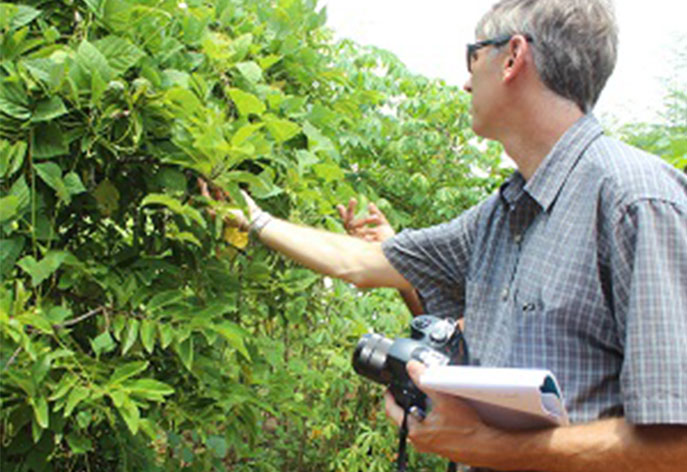
Module 02 :Global Citizenship
The Global Citizenship Module will strengthen the capabilities of individuals ready to gain professional and labor exchange experience in a variety of cultural fields. It will promote global citizenship as a tool for self-development and contribution to society and will allow to know tools and develop methodologies for optimal performance in a global environment.
Session Hours:
Session Hours:
● SAGE Exchange Program : 01 Year
● USD1850 for the SAGE Exchange Program.

Host:
Multinational Exchange for Sustainable Agriculture

Implemented & Coordinate by
South Asia Partnership
Sri Lanka

